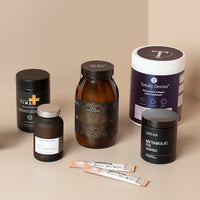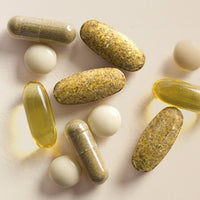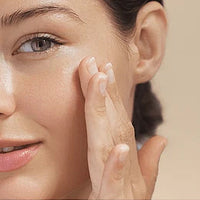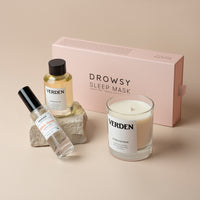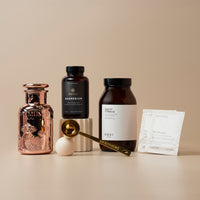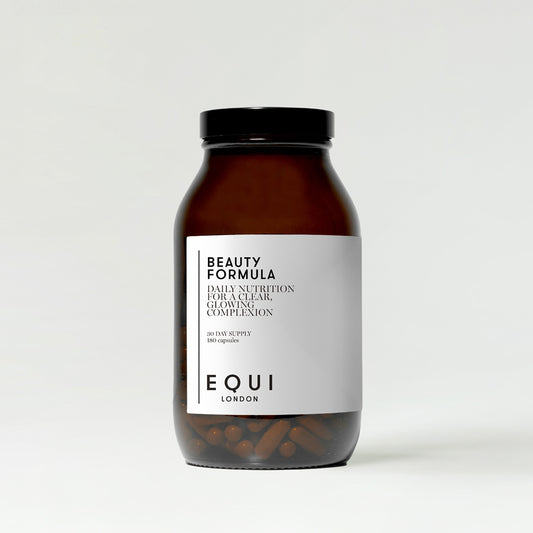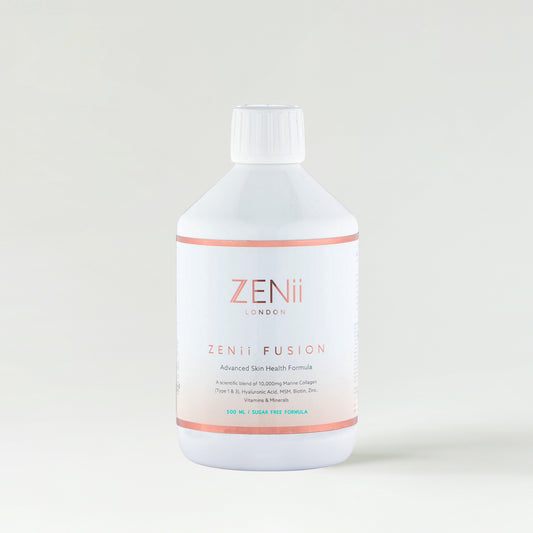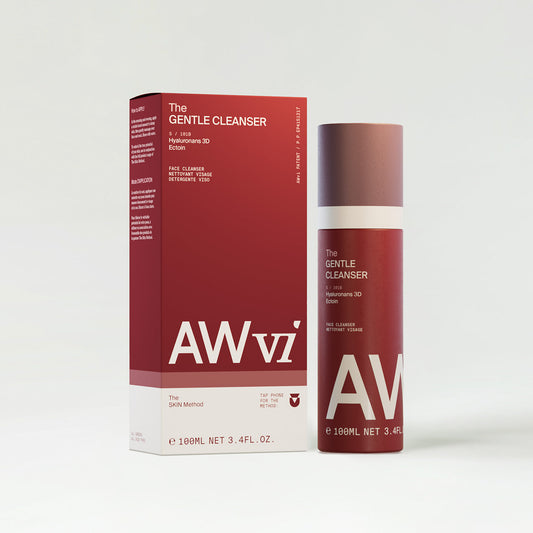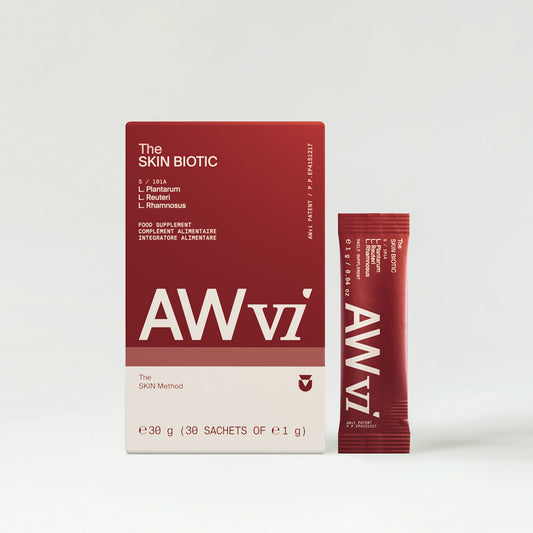To keep skin healthy, firm and radiant all year around, The W-Edit calls on the expertise of Aesthetic doctor, Dr Lubna Khan-Salim. She believes in the power of epigenetics and lifestyle factors to achieve healthy skin. Here, she reveals what she eats to reduce inflammation and aid optimum skin health…
“The beauty people seek is already there, they just need to see it,” smiles Dr Lubna Khan-Salim.
As an aesthetics doctor with a strong medical background she believes that beauty should be aligned with nature and takes a keen interest in women’s health and longevity.
“I encourage people to look beyond conventional beauty standards and focus on holistic well-being, appreciating the connection between the mind, gut and skin, in order to achieve long-term skin health and longer health-span,” she explains.
In order to understand the real science behind skin health, Dr Lubna thinks it’s vital to emphasise the fact that healthy skin should start on the inside, and the fact that what we eat has a huge impact on how our skin functions, looks and feels.
The importance of gut health
Everyone wants skin that looks healthy, radiant and glowing and whilst skincare products and treatments can help to achieve this, the key to achieving healthy skin should start on the inside, with positive lifestyle choices.
“The gut is an extremely important factor in skin health,” insists Dr Lubna. “A healthy gut can improve the skin in a huge number of ways, synthesising extra vitamins and minerals that benefit the skin, reducing inflammation and itchiness, improving your skin’s natural barrier function, and aiding skin pigment.”
One of the achievable ways to reduce inflammation and garner healthy skin is by looking at diet and nutritional supplements.
Dr Lubna advocates making simple, yet achievable, changes to the diet in order to encourage a healthy gut and as a result, skin health.
The Five Ks
Dr Lubna Khan-Salim recommends one way of doing this is by incorporating ‘The Five Ks’ into our diets. These are Kefir, fermented yoghurt, Kraut, or Sauerkraut, Kimchi, Kamut and Kombucha.
One easy place to start is by swapping your usual yoghurt for Kefir -a type of fermented yoghurt. “Studies suggest that it can help to reduce inflammation by inhibiting the activity of certain proteins, or pro-inflammatory cytokines, that play a role in pain and inflammation, and increasing anti-inflammatory cytokines,” explains Dr Lubna. “Similarly, Kraut, or Sauerkraut, is another fermented product, this time a type of cabbage. It contains probiotics which are live bacteria that support digestive health and gut health as well as Vitamin C, which is essential for a healthy immune system, and Vitamin A, which helps to reduce inflammation and promotes healthy skin and hair.”
Another easy switch to make is by replacing your usual bread with Kamit, a type of bread made with Kamut flour, which comes from Khorasan wheat. It is lower in gluten and can be easier to digest than the wheat that’s used in other breads.
“Kamut has beneficial effects on the skin due to the high content of antioxidants and other nutrients which help to protect against free radicals and environmental toxins. It’s also a good source of Zinc which boosts the immune system and helps to maintain thyroid health,” explains Dr Lubna Khan-Salim.
And the final two Ks are Kimchi and Kombucha. Kimchi is a traditional Korean side dish and while its components can vary it’s usually made from fermented cabbage, radish or cucumber and includes other ingredients such as garlic which Dr Lubna explains is known for its high probiotic content and as such it helps to reduce inflammation in the body and fight free radicals which can cause changes to the skin including a loss of collagen, which results in fine lines and wrinkles, as well as hyperpigmentation and dullness.
Kombucha is a fermented drink made from tea, sugar and a bacterial culture called a SCOBY which stands for symbiotic colony of bacteria and yeast. Because of its bacteria content it can help to maintain a healthy balance of microorganisms in the gut.
“It’s also believed to contain antioxidant and antibacterial properties which help to improve skin’s hydration and brightness, as well as reducing hyperpigmentation and inflammation,” she adds.
Preventative measures
Empowerment is the key to taking control of overall health, and indeed skin health. Dr Lubna Khan-Salim is keen to educate people on the importance of positive lifestyle choices such as nutrition, supplements, stress-management, and skincare, in order to allow us to celebrate ageing in the healthiest and most beautiful way.

